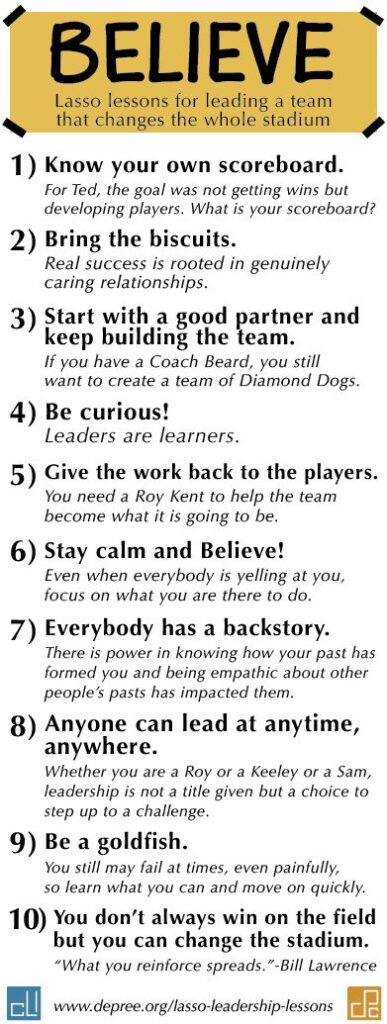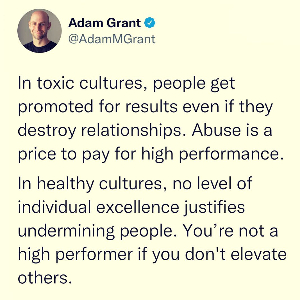
Schedule schedule schedule. Ever feel like your day is being run by the clock? Your week is being run by the calendar? Do you find yourself minding the clock more than your work? Or you can’t wait till Friday…and it’s only 9:00 on Monday? Is your work being managed by so much structure that your job is now managing your schedule rather than getting work done?
Yep. I remember those days. We don’t all have the luxury of changing the structure of our work day. Most of us can’t simply say, “well, today I won’t answer the phone and I won’t answer any emails.” We can’t abandon everything for work product. Nor should we. Lack of human interaction is a sure way to burn out.
Do This, Not That
We have read all the articles (I’ve even given presentations on the topic) on being successful by increasing productivity. We each have calendars that we’ve read should be filled in (according to the “most successful people do this” advice) using 5/10/15/x increments from 8am to 5pm. Do email first. Do email last. Spend 5 minutes looking over your calendar at the beginning of the day/end of the day. Do the hard things first. Do the easy things first. Drink more coffee. Drink less coffee.
I particularly like the tip that said: “Do not try to squeeze in a last bit of work right before bed.” WUT? If you’re working that much, something is really wrong. And then there’s this wheel of torture…er, scheduling wheel that schedules your time from rising to bedtime. My gosh. This seems a little extreme but I am a firm believer in “if it works for you, more power to you.” And, just out of curiosity (and maybe with a smidge of snark), where are the bathroom breaks?
Each productivity-enhancing tips & tricks article will surely give you the structure that will make you wildly successful, right?
No. Just no. In reality, most of them try to show you how to pack more stuff into your already overflowing day.
Work Your Way to the Bottom
Here’s what I’ve gleaned after reading dozens of articles on the topic: the most important thing you’ll do for your success is…well…not work so much. It turns out that what you really need is less time working and more time peopling. That doesn’t mean that your 8-hour workday should be 80% peopletizing and 20% working, but it does mean that it shouldn’t be 200% work to the exclusion of all things social. You’re a person. You have social needs. The needs may be fulfilled differently, but even non-social people have social needs. Isolation is bad for the soul and it’s bad for productivity.
Even in the days before computers, productivity was enhanced by increasing the time people had away from work. Henry Ford conducted an “experiment” back in the 20’s. He changed his company’s work week from 6 days to 5 days and measured output. Then he changed it back to 6 days and measured output. What he discovered was that productivity actually maintained or increased in five 8-hour days as in six 8-hour days.
A 2014 study by Desktime showed that the most productive use of time is 52 minutes of work followed by a break of 17 minutes. We know that sitting at a computer for hours on end is bad for us – physically, neurologically, socially, and emotionally.
So many opinions, so little time. How does one figure out what “method” works best? Simple: the method that works best is the one that works best for you. What works for me doesn’t work for others…and vice versa. I used to think that I wasn’t successful. And I used to blame that lack of success on my having a loosey-goosey time management system. Then I came to the realization that I actually was successful. I may not have been Oprah-level financially successful, but I was successful in other ways – I had a thriving business, I raised great kids, I was respected in my profession, I was doing well. I made the mistake of equating money with success. They. Are. Not. The. Same. Thing! However, being productive can help you achieve a general sense of well being and success in all areas of your life.
Sustainable Productivity
Structuring your time to get the best value out of your workday or workweek is best done by generally scoping out blocks, rather than by scheduling rigid timeslots. Think about your week in terms of what you need to do for your work and what you need to do for your health.
- Make your to-do list for the week. Highlight 2-3 items in each of these first two sections to focus on today:
- Big picture items/long term goals (complete with action items)
- Daily tasks
- Other stuff
- You need food. Daily. Make time away from your work for lunch. Make it a sacred time.
- You need movement. Make time to move during your day. You don’t have to do a 20-mile bike ride or a 30-minute HIIT sesh. But move. Use a standing desk. Walk upstairs. Walk outside for a bit. Physical therapists will tell you that the best posture for your body is the next one. In other words…don’t be stationary.
- Don’t forget your eyes…in every 20-30 minutes of computer time give your eyes a break and change your gaze for 30 seconds. Focus on something in the distance to maintain good eye hygiene.
- Get some sun! Stand at the window, step outside for a bit, throw a ball with your dog, plant a flower or turn some dirt. Doesn’t matter what it is, but you need air to breathe and sun to warm your face.
- Keep your list of goals and your to-do list nearby. Use them to work through your day.
- Make time to talk with people. I know some of you believe that talking to your pet is enough, but it’s not. You really have to converse with other humans every single day.

When Bad Things Happen to Good Employees
Sometimes, though, you’re stuck in a spot. If what your employer wants from you is all work in all the hours, it might just be time for you to find other employment. You are not a robot. You
deserve to be treated humanely. You deserve to get paid a proper amount of money for the work you do and the knowledge you have. You deserve to have time away from work to replenish yourself. You deserve the right to health and wellbeing. Working yourself to misery is not success. Creating good work product, creating good relationships, creating good self-esteem, creating balance…this is success. People, not process. Work in a way that you can look back on and say, “yes, it was a good and balanced life”.
You get to define what success means for you. It’s not a simple concept – there’s a lot to being successful. If you’re not getting what you should or what you want out of work, but you’re in the untenable position of being stuck, you’ll need to find ways to be successful outside of work. Let your off-work time be your respite. Find your strength from people around you, the people who support you unconditionally. Come join the JumpCloud Community where you’ll find both technical and career content in a supportive and non-judgmental environment.
Published on 4/14/22 – https://jumpcloud.com/blog/what-success-looks-like
